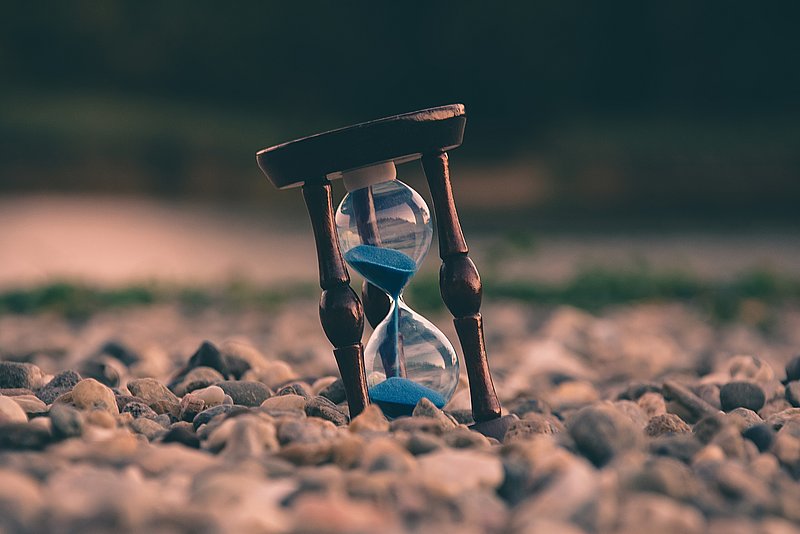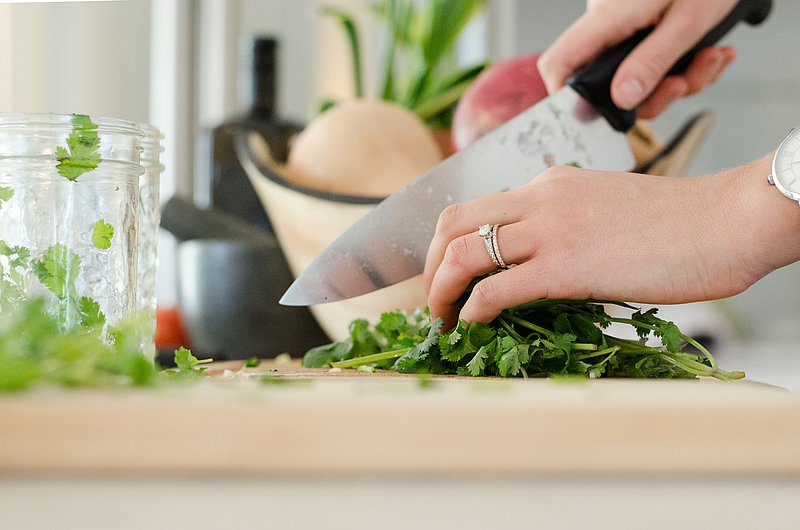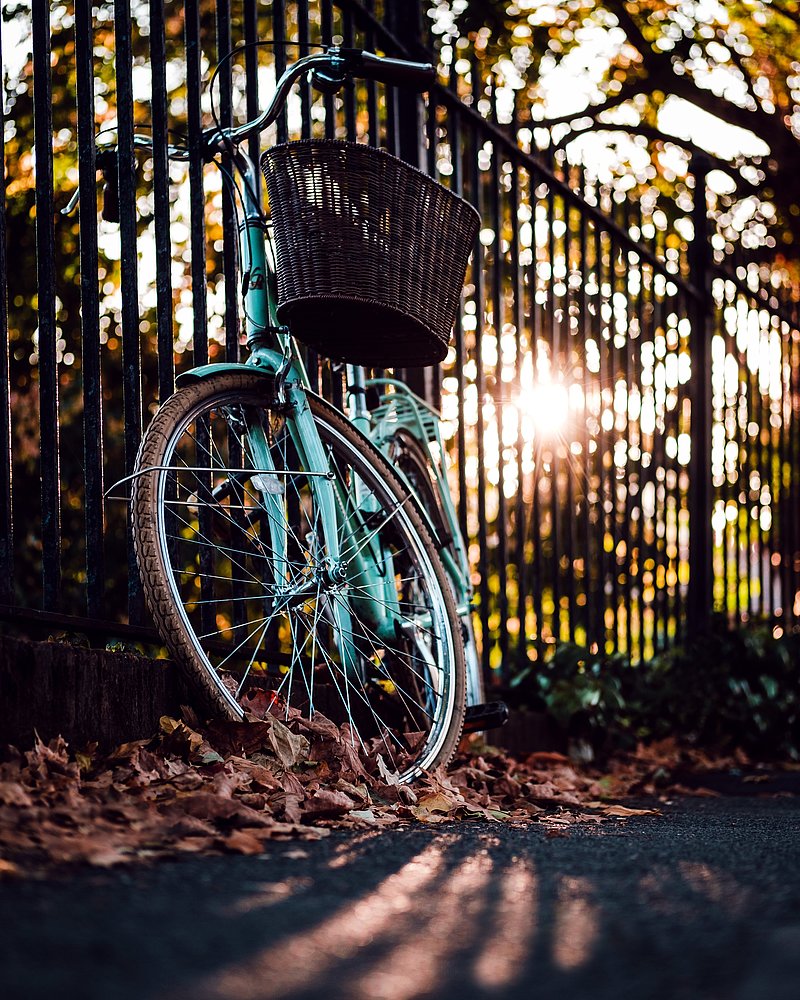It is one of the few good news in times of the devastating corona crisis: Nature is slowly recovering while the world is standing still. In China, the inhabitants of the metropolises can breathe clearer air again and in Venice’s canals the water becomes so clear that shoals of fish return and algae shimmer through the turquoise water. However, the crisis also teaches us that we cannot do without many disposable plastic products in order to comply with hygiene measures and not endanger other people, especially in doctors’ surgeries and hospitals. As never before we realize: Plastic in itself is a valuable product – we just handle it wrong too often.
And when, if not now, will we have the opportunity to rethink our consumption of plastic and how we handle such a valuable resource? After all, for many people, Corona means that time is running backwards. In many parts of the world, the streets are as empty as a drum. The disposable Coffee-To-Go cup, which until recently accompanied us daily from one appointment to the next, is suddenly no longer necessary. Now we have the time to prepare our coffee in the cup and enjoy it in peace. Only now do we notice how many of us have become accustomed to pre-packaged meals and disposable packaging – and that it can be done differently. Now it is important to integrate this mindfulness into our everyday life in the long term. The following two tips can help:




